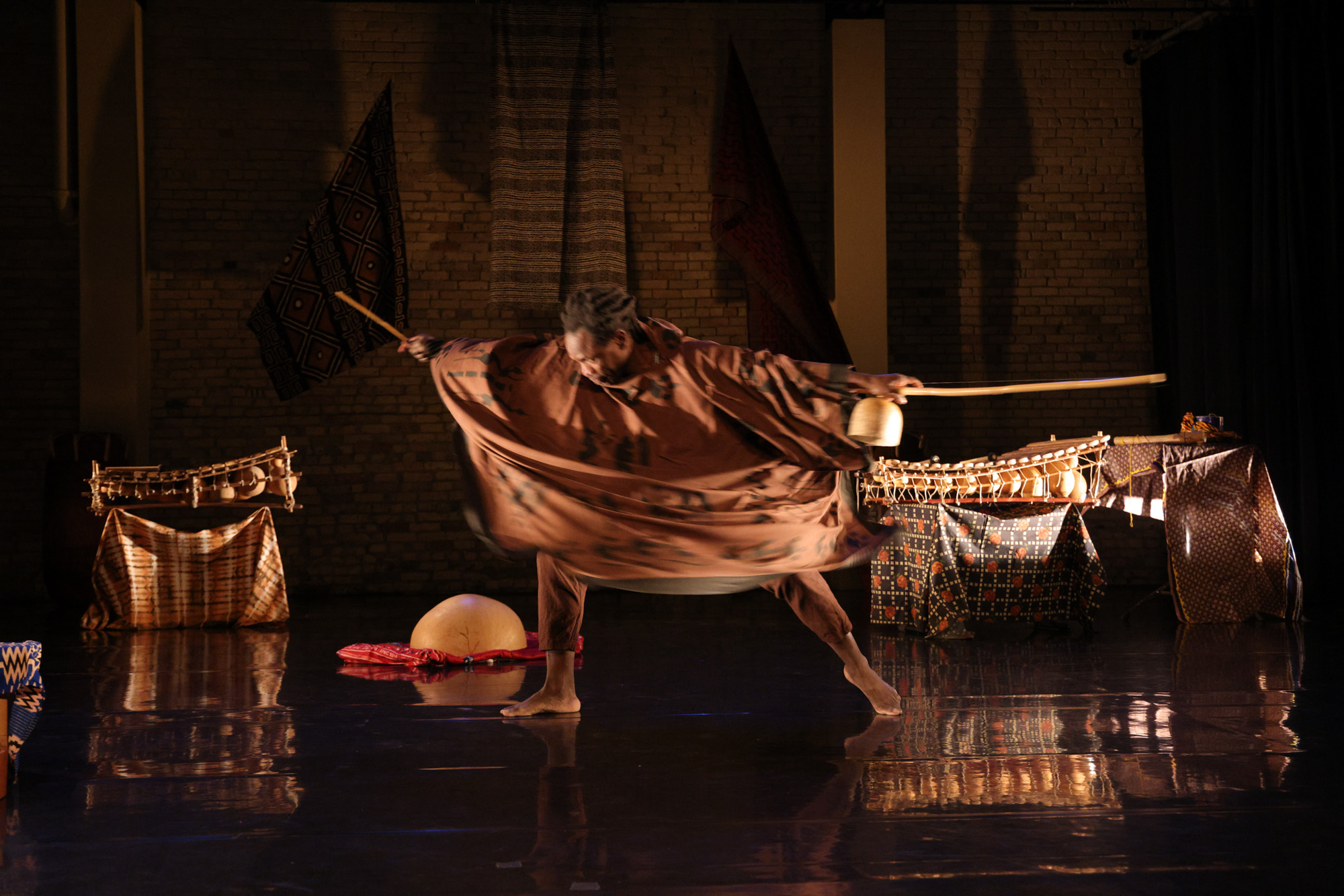Inhambane's "the dance of polygamy" is revived by Casimiro Nhussi
 The ballet "Polygamy Dance" will premiere on April 19th, at 5 p.m., at the Eduardo Mondlane Industrial and Commercial Institute in Inhambane. The concert, created by VINA Produções, is part of the celebrations of World Dance Day, held yearly on April 29th.
The ballet "Polygamy Dance" will premiere on April 19th, at 5 p.m., at the Eduardo Mondlane Industrial and Commercial Institute in Inhambane. The concert, created by VINA Produções, is part of the celebrations of World Dance Day, held yearly on April 29th.Casimiro Nhussi wrote and artistically directed "The Dance of Polygamy," which premiered in Maputo in 2023, with the goal of exploring the variety of performing arts in theatre, poetry, music, and, most importantly, dance.
"The Dance of Polygamy" offers a discourse on a cultural phenomena of African descent that endures in modern society through the body, representation, and orality.
The ballet will be performed on a gala evening that aims to unite the artists' thoughts and viewpoints on polygamy on stage, both historically and contemporary.
According to Casimiro Nhussi, “The Dance of Polygamy is a rain of melodic movements, of deep feelings that carry the strange emotions of husbands and wives. The Dance of Polygamy is a song and is a love poem trapped in the web of emotions of a human being. It sings the religious and cultural songs of the traditions of a people, it can be danced emotionally or intellectually.”
The ballet also seeks to influence an understanding of the impacts of Polygamy on the promotion of fundamental human rights, look at possible conflicts between tradition, law and gender, as well as reflect on the place of tradition in current society in Mozambique.
The Dance of Polygamy is a shower of beautiful motions and intense emotions that convey the peculiar experiences that spouses and partners experience, according to Casimiro Nhussi. A song and love poetry enmeshed in a person's emotional web is called "The Dance of Polygamy." It can be danced emotionally or intellectually and sings the religious and cultural songs of a people's traditions.
In addition, the ballet aims to examine potential tensions between tradition, law, and gender as well as the role that tradition plays in Mozambique's contemporary society. It also aims to promote awareness of the effects of polygamy on the advancement of fundamental human rights.

Comments
Post a Comment
What do you think 🤔?